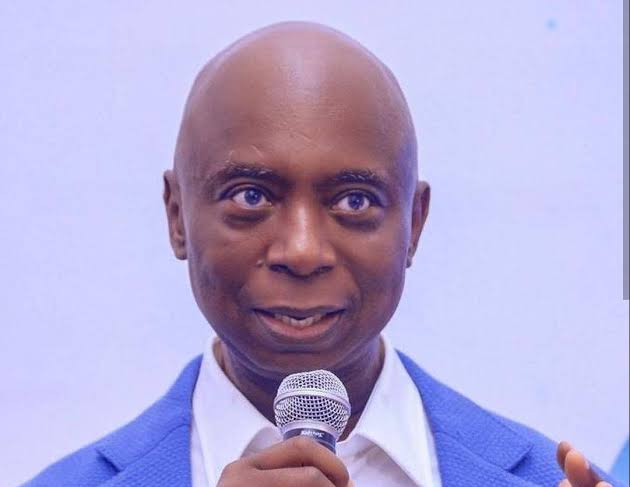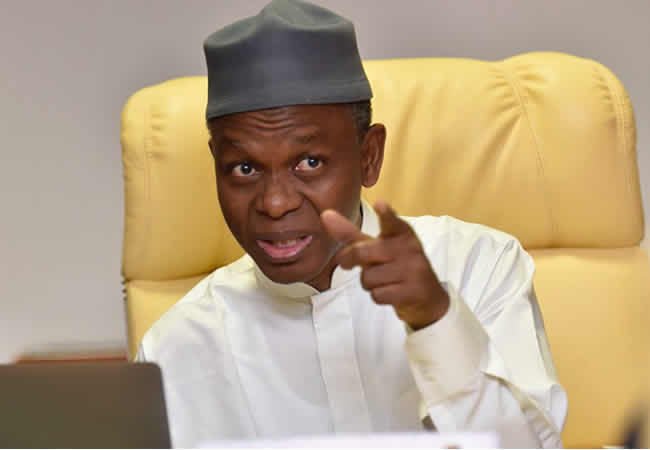Former US President Donald Trump has taken aim at Ukraine after its leader, Volodymyr Zelensky, expressed surprise at being excluded from peace talks held in Saudi Arabia aimed at ending the war with Russia.
Speaking from his Mar-a-Lago residence, Trump said he was “disappointed” by Ukraine’s reaction and suggested that the country was responsible for the ongoing conflict.
“You should have never started it. You could have made a deal,” he said, appearing to blame Ukraine for the full-scale Russian invasion that began nearly three years ago.
His remarks came after a high-profile meeting in Riyadh between US Secretary of State Marco Rubio and Russian Foreign Minister Sergei Lavrov. The talks marked the first direct engagement between Washington and Moscow at this level since the invasion. Both sides agreed to form negotiation teams to explore a potential end to the war, but Lavrov made it clear that Russia would reject any NATO peacekeeping presence in Ukraine.
The meeting, part of Trump’s controversial peace initiative, has drawn frustration from European NATO allies, who were sidelined in the discussions. European leaders, including British Prime Minister Sir Keir Starmer, have insisted that any lasting peace agreement must include security guarantees for Ukraine. Starmer is expected to discuss the matter with Trump in Washington next week.
In response to the Riyadh meeting, Zelensky expressed frustration over Ukraine’s exclusion. “You cannot make decisions without Ukraine on how to end the war in Ukraine,” he said during a press conference in Turkey.
Trump, however, downplayed Ukraine’s concerns.
“They’ve had a seat for three years,” he said. “This could have been settled very easily. I could have made a deal for Ukraine.” He suggested his proposal would have preserved most of Ukraine’s land while avoiding the destruction and loss of life that has since unfolded.
Following the meeting, Lavrov described the discussions as “useful” and confirmed that US-Russia diplomatic relations would be restored, including the reappointment of ambassadors. Rubio, while acknowledging the difficulty ahead, expressed optimism about Russia’s willingness to engage in negotiations. “There has to be concessions made by all sides,” he said, adding that the European Union would eventually need to be included due to its role in enforcing sanctions on Russia.
Meanwhile, European leaders remain divided over the possibility of sending troops to Ukraine, with German Chancellor Olaf Scholz calling such discussions “completely premature” and Italy’s Prime Minister Giorgia Meloni questioning its effectiveness.
For Ukraine, the Riyadh meeting signals a growing challenge: maintaining international support while key global powers negotiate potential peace terms without its direct involvement.
As Trump pushes forward with his own diplomatic strategy, Zelensky faces the stark reality that his country’s fate may soon be shaped by decisions made beyond Kyiv’s control.
Follow us on:




 4 days ago
9
4 days ago
9








 English (US) ·
English (US) ·